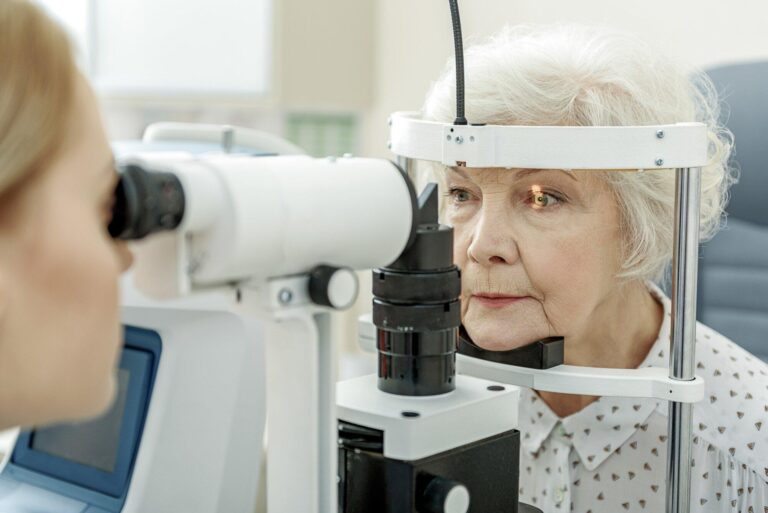Exploring the Medical Benefits of Marijuana
The medical use of marijuana has been a topic of intense research and debate over the past few decades. With its legalization for medical purposes in various parts of the world, there has been a significant increase in scientific studies aimed at understanding its therapeutic potential. This article explores the current landscape of medical marijuana, highlighting the findings of the latest studies and the role of dispensaries in facilitating access to this treatment.
The Therapeutic Compounds of Marijuana
Marijuana contains over 100 different compounds known as cannabinoids, with THC (delta-9-tetrahydrocannabinol) and CBD (cannabidiol) being the most studied. THC is the psychoactive component that gives the “high” feeling, whereas CBD is non-psychoactive and has been found to have various medicinal properties. The interplay between these compounds can significantly influence the therapeutic efficacy of marijuana for various conditions.
Recent Studies on Medical Marijuana
Recent research has broadened our understanding of how marijuana can be used medically. Studies have shown promising results in the treatment of chronic pain, a prevalent condition affecting millions worldwide. Marijuana is found to alter pain perception pathways in the brain, offering relief where traditional medications fall short. Additionally, its application in managing symptoms related to multiple sclerosis, such as muscle spasms and neuropathic pain, has been supported by clinical trials.
Cancer patients have also reported benefits from medical marijuana use, particularly in managing nausea and vomiting associated with chemotherapy. Some research suggests that cannabinoids might have anti-tumor properties, although this area requires further exploration.
Mental health conditions like anxiety and PTSD (Post-Traumatic Stress Disorder) are another focus of medical marijuana research. CBD, in particular, has garnered attention for its anxiolytic effects, providing a potential alternative treatment for anxiety disorders without the psychoactive effects associated with THC.
The Role of Dispensaries
As the medical use of marijuana gains acceptance, the role of dispensaries has become increasingly significant. These establishments not only provide access to a variety of marijuana strains tailored for medical use but also offer guidance and education on the safe and effective use of cannabis. Solful, a renowned marijuana dispensary, exemplifies this by offering a curated selection of medical cannabis products and personalized assistance to ensure patients find the right solution for their needs. Their commitment to quality and patient education helps demystify the use of marijuana for therapeutic purposes, making it more accessible to those seeking relief.
Conclusion
The medical use of marijuana presents a promising avenue for the treatment of a wide range of conditions. With ongoing research shedding light on its therapeutic potential, and dispensaries like Solful playing a critical role in patient care, the future of medical marijuana looks bright. As our understanding of its benefits continues to grow, it is crucial to have informed discussions about its place in modern medicine, ensuring that those in need have access to this potentially life-changing treatment.







